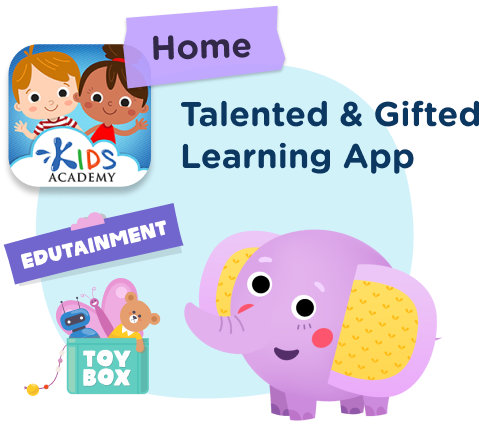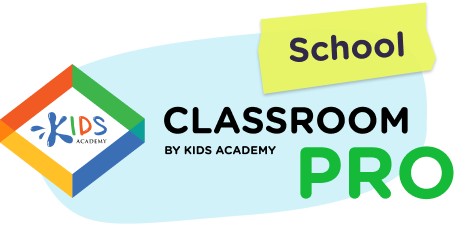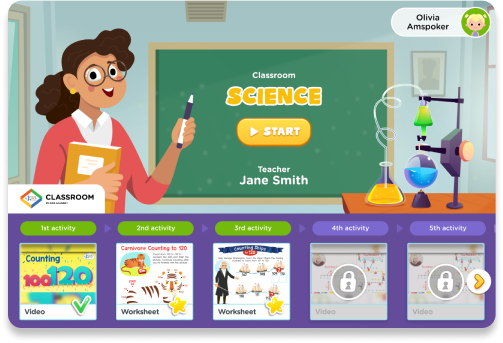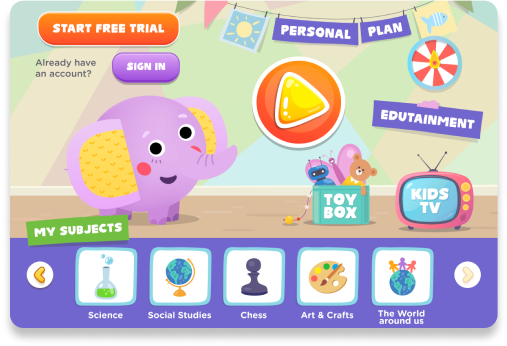Understanding ecosystems Normal Worksheets
9 filtered results
-
From - To
Explore the "Understanding Ecosystems Normal Worksheets" designed for young learners keen on discovering the intricate relationships within nature. These engaging worksheets focus on key ecological concepts, enabling children to grasp the fundamentals of ecosystems, food chains, and the importance of biodiversity. Each worksheet is crafted to spark curiosity and encourage critical thinking, making learning enjoyable and effective. Perfect for classroom or home use, these resources align with educational standards and promote environmental awareness. Help your child develop a foundational understanding of how organisms interact within their environments, fostering a sense of responsibility towards nature and the planet. Start exploring today!
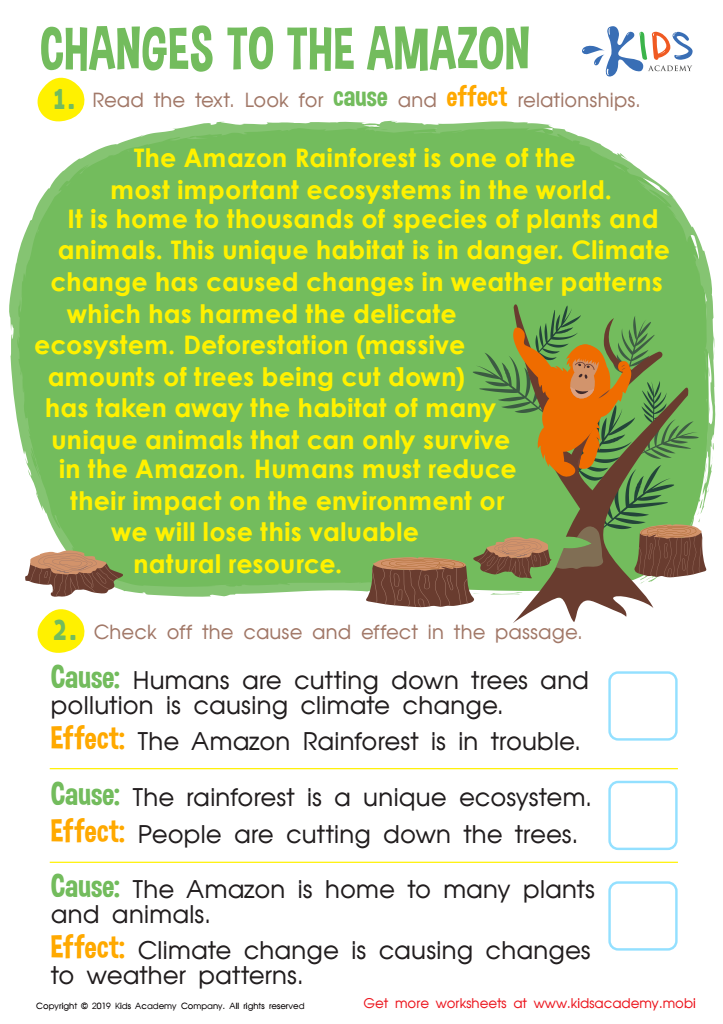

Changes to the Amazon Worksheet
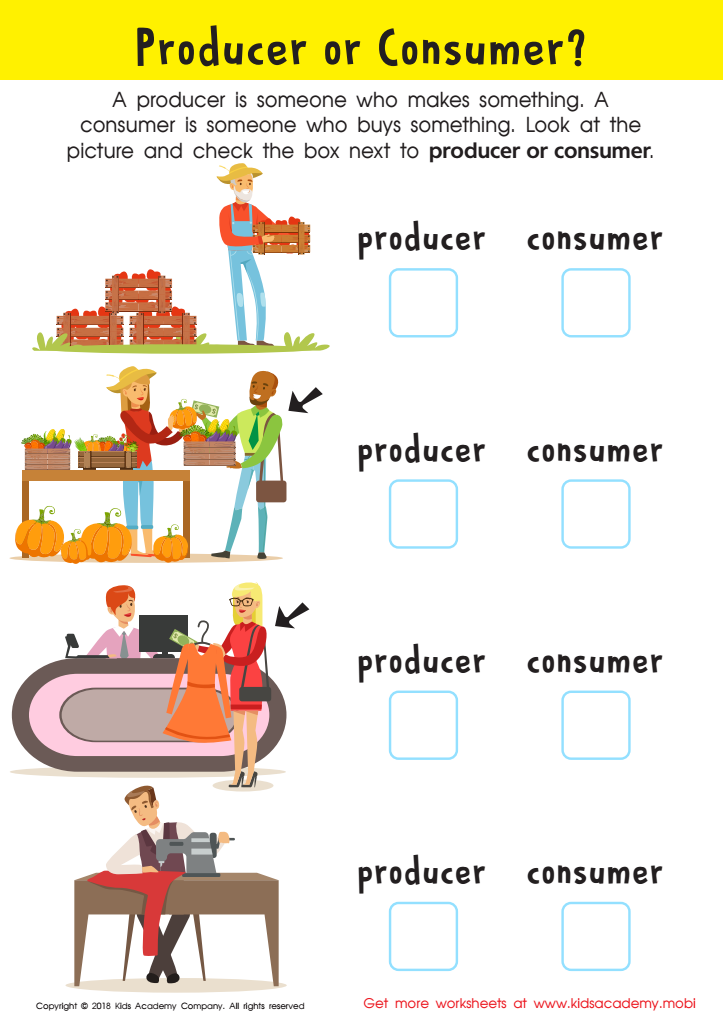

Producer or Consumer? Worksheet


Ecosystems: Assessment 1 Worksheet
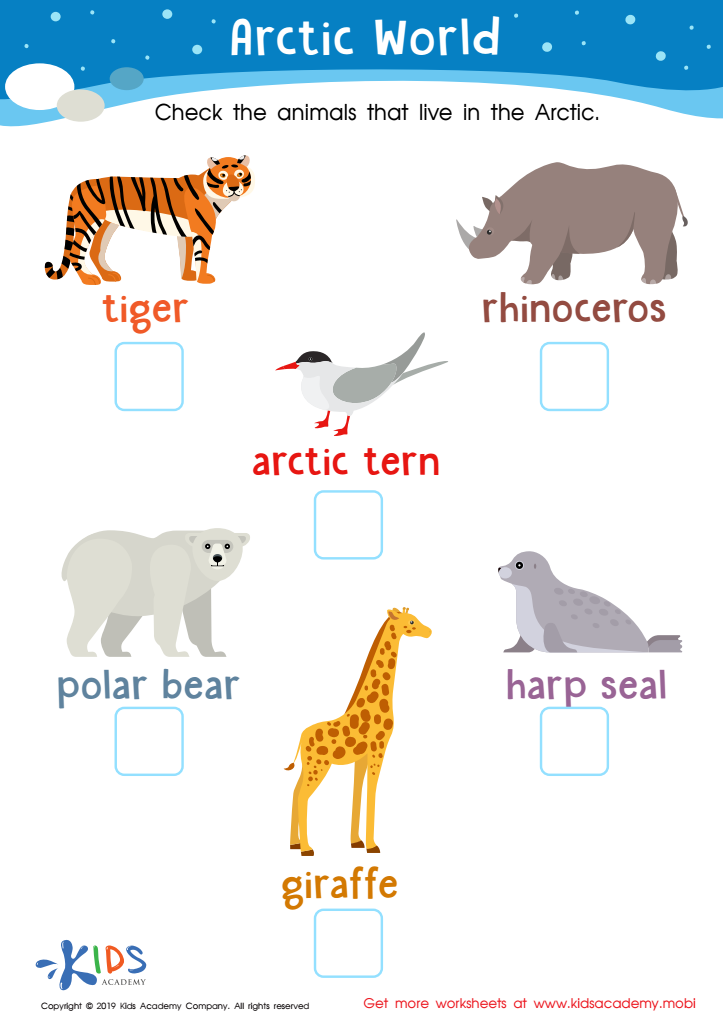

Arctic World Worksheet
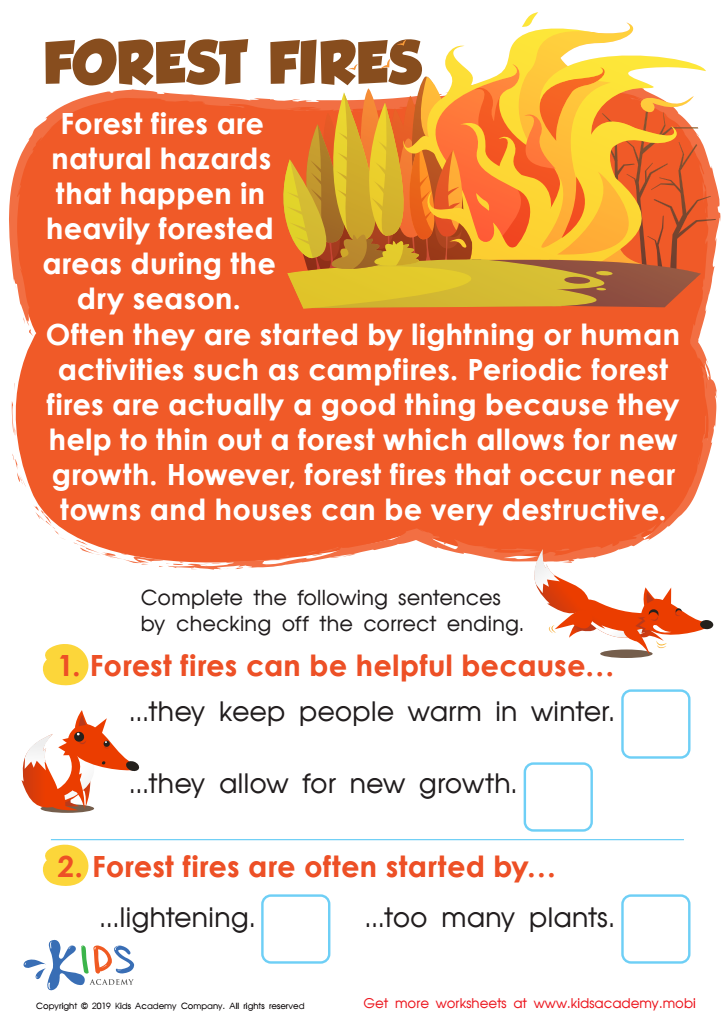

Forest Fires Worksheet


Ecosystems: Assessment 2 Worksheet
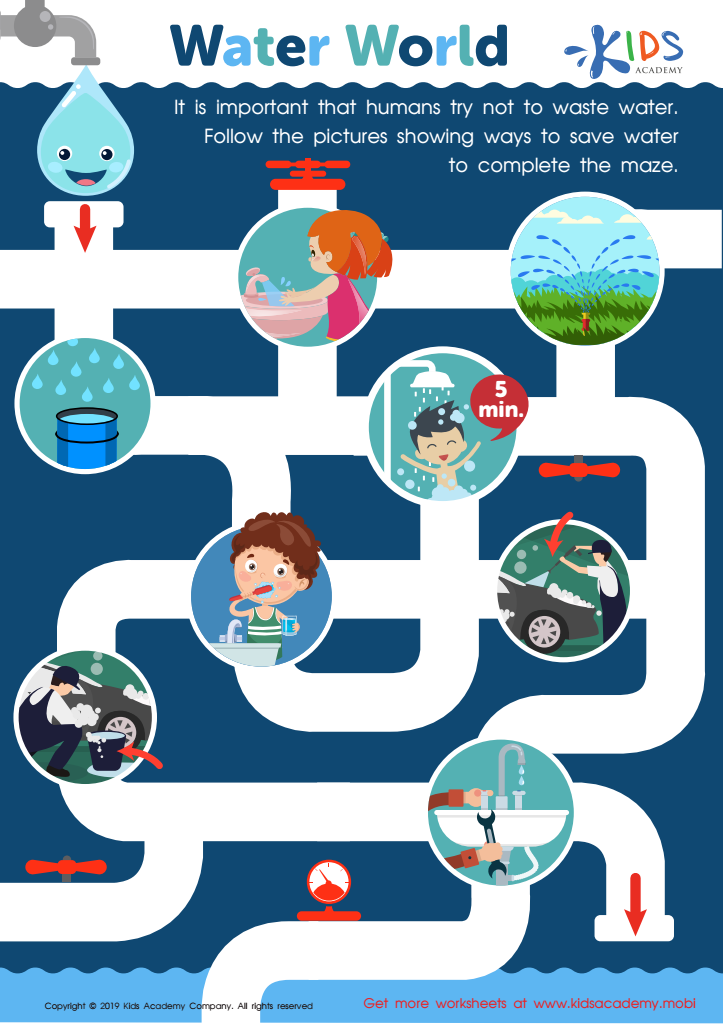

Water World Worksheet


Animals and Plants: Assessment 1 Worksheet
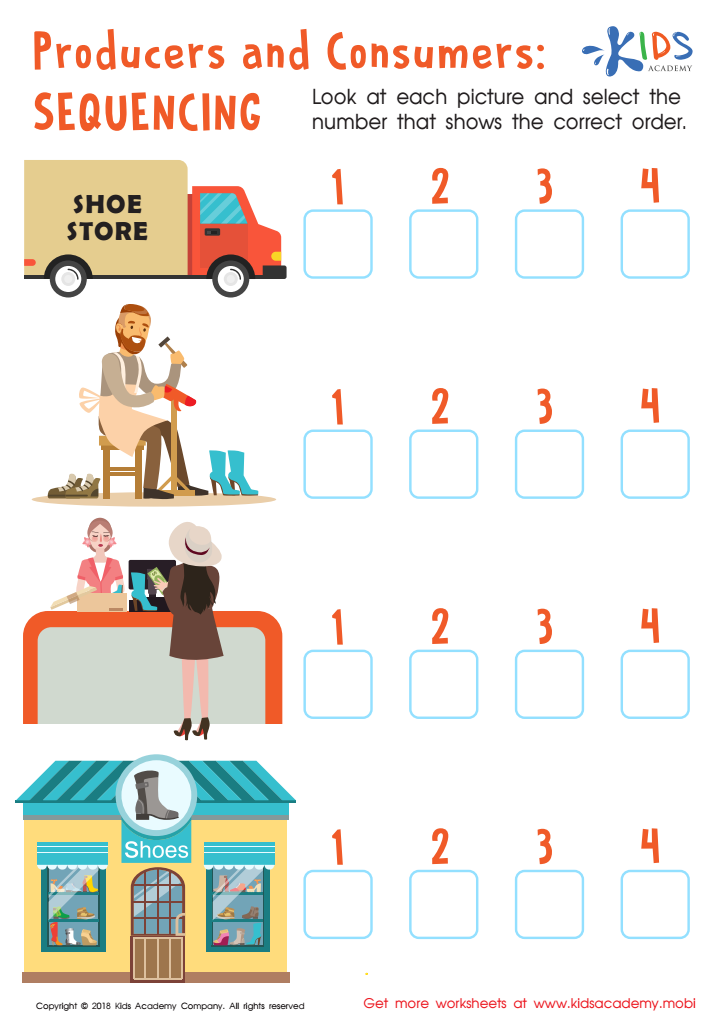

Producers and Consumers: Sequencing Worksheet
Understanding ecosystems is vital for both parents and teachers as it lays the foundation for environmental stewardship in children. By grasping the complex relationships between living organisms and their environments, children develop a sense of responsibility for the natural world. This understanding fosters awareness of ecological issues such as climate change, habitat destruction, and biodiversity loss, which are increasingly important in today's society.
Both parents and teachers play crucial roles in nurturing curiosity and critical thinking about nature. Engaging children with hands-on activities, like observing local wildlife or participating in community clean-ups, enhances their connection to ecosystems. When children learn about these systems, they gain an appreciation for balance and interdependence, which can influence their values and behaviors for life.
Moreover, studying ecosystems promotes essential skills such as problem-solving, analytical thinking, and collaboration. These skills are not only applicable to environmental science but also encourage holistic education and informed decision-making in various aspects of life. By prioritizing lessons on ecosystems, parents and teachers empower children to advocate for sustainable practices and become conscientious citizens who care about their environment. This collective effort cultivates a future generation that understands the importance of preserving our planet for themselves and generations to come.
 Assign to My Students
Assign to My Students















